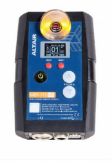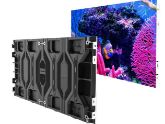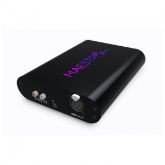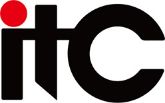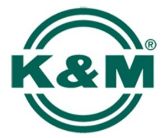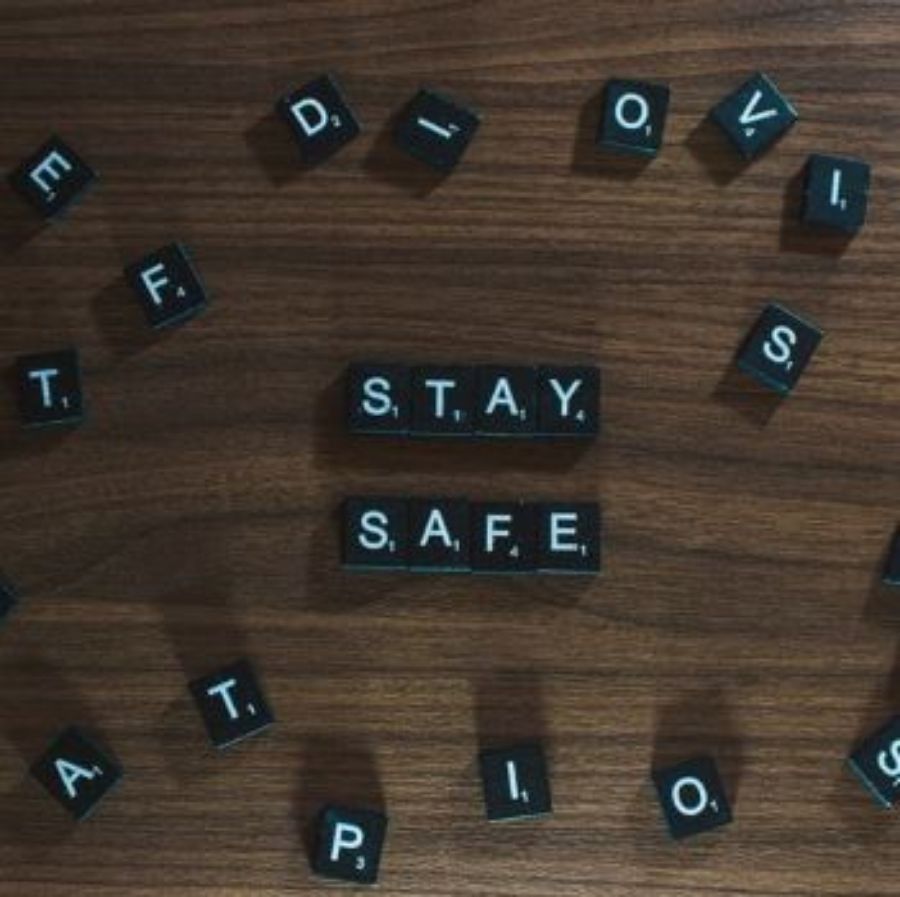
What is the right disinfectant machine for COVID-19?
The Science Behind Air Guard Fogging
Air Guard Disinfectant foggers are a comprehensive, effective and safe choice for disinfecting spaces, backed up by science. This is due to:
- the active ingredient in the Air Guard Disinfectant fluid which meets these three critical criteria:
- Effective against viruses
- Non-toxic and eco-friendly
- Heat tolerant;
- and the fogging process itself achieving widespread consistent coverage.
The Science Explained
- Effective against viruses
The active antiviral ingredient in the Air Guard Sanitising Disinfectant is Isopropyl Methylphenol (IPMP), an isomer of Thymol which is listed as an effective disinfectant for use against SARS-CoV-2 in the US EPA system: https://www.epa.gov/pesticide-registration/list-n-disinfectants-use-against-sars-cov-2. This antiviral agent is effective against the influenza virus as well as bacteria, including general pneumonia, and multiple other viruses and moulds.
The Air Guard Disinfectant solution’s effectiveness has been proven by SuperLab, an internationally accredited third-party company that provides objective data for reliability testing
The Air Guard Disinfectant is all-natural and when vapourised with an Air Guard fogger, creates a lasting barrier (up to 14 days) which can kill pathogens on contact, denaturing the virus proteins using a process called lysis. Coronaviruses are enveloped viruses, which mean they are one of the easiest types of viruses to kill with the appropriate disinfectant product.
- Eco-friendly and non-toxic when used as directed
The treatment is non-toxic to humans and animals, and none of the ingredients are known or suspected carcinogens.
Occasional incidental exposure to the Air Guard fog may result in extremely low levels of the product intercepted by the human body (settling on food items, or in the air), but because the molecules are so fine, they are easily metabolized by the liver and are not harmful to human health.
The Air Guard Disinfectant treatment is friendly to the environment, and will decompose and disappear within weeks after use without leaving any harmful residue, oxidisation or damaging sensitive equipment.
Simple directions for use ensure people and the environment are protected:
- Do not treat a room while people or pets are present.
- Cover or remove food, tableware and fish tanks etc
- Wash any food, vegetables or fruit that may have been exposed before eating *1
- Allow the fog to settle and/or clear before re-entering the room (say 30 minutes). The vapour can be slightly irritating to the throat and if you notice irritation open windows and leave the room until it has cleared properly.
- Ventilate the room after treatment is complete to clear remaining vapour
- Do NOT mix the Air Guard Disinfectant fluid with any other disinfectants or chemicals as it will degrade performance and may be dangerous to do so.
*1 Especially in an environment that is treated daily (i.e. supermarkets) the accumulated build-up on fruit and vegetables may be significant and items should be washed before consuming.
- Heat Tolerant
Unlike most sanitising disinfectants in the market currently the Air Guard Sanitising Disinfectant is heat tolerant.
If you vaporise other sanitising disinfectants in an Air Guard, or any smoke machine primarily intended for the entertainment market, at high temperature, they will lose their antibacterial effect and/or will thermally decompose i.e. they burn.
Most antibacterial formulae fluids containing hydrogen peroxide, quaternary ammonium, hypochlorous acid and/or sodium hypochlorite (HCIO) cannot be heated at all without reducing efficacy. Also, when heated, they can produce toxic nitrogen oxides (NOx) and chlorides (Cl2), which are both harmful to the environment and humans and not desirable.
- Widespread Consistent Coverage
One significant advantage of Air Guard foggers over other types of thermal and ULV foggers is that the sanitiser molecules produced are extremely fine (<2 micron) and will settle into nooks and crannies, and according to the manufacturer, actively deal with the virus in the air. It will penetrate small hidden spaces that larger droplet sprayers (e.g. ULV) cannot reach. Disinfectants used in spray dispersing systems (ULV) create large particles that are very heavy, and are only effective in the range around the sprayer – in a parabolic pattern.
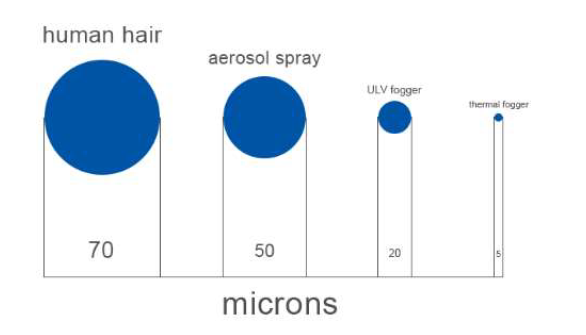
Wiping an area with a cloth sprayed with disinfectant will clean it, so long as the risk of cross-contamination is mitigated. This is entirely appropriate for day-to-day sanitization of a small space. However, this is not an appropriate solution for larger spaces or spaces with difficult to reach crevices and corners, and does not create a preventative coating. Disinfectant applied by wiping over surfaces is only effective on surfaces that are physically wiped. Further, because the amount of product applied to surfaces is large by comparison, it is easy to accumulate unhealthy levels in food or water sources.
Using a fogging machine will treat an entire area or surface completely and efficiently, forming an antiviral, antibacterial and anti-fungal barrier that will last between one and four weeks. A typical office can be treated once a week during times of concern or during outbreaks, and every 3-4 weeks at other times as a precautionary measure.
So, yes – wash hands frequently, stay away from other people, disinfect surfaces and wipe high-touch areas frequently with alcohol or bleach, but use a fogger for treating a public area, office, hotel room, foyer, vehicle etc, those hard to get to places you know you don’t get wiped properly. Reassure staff and visitors that every effort is being made to keep workspaces hygienic.
We’re proud to offer a product that promotes peace of mind once people return to work during the COVID-19 outbreak.

